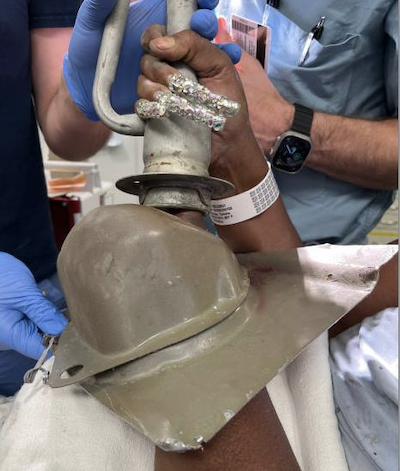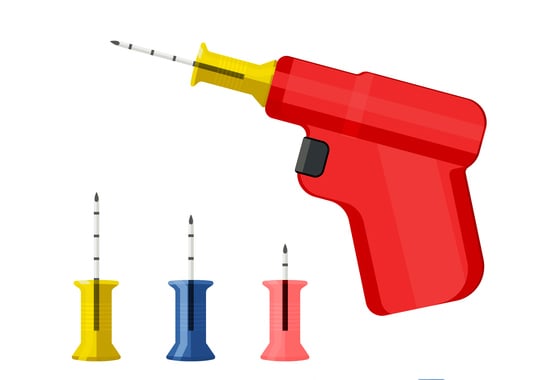24|7|365: The Evolution of Emergency Medicine
Meet the Founders: A Panel of Emergency Medicine's Heroes
Eight of emergency medicine's greatest storytellers share their experiences in two 45-minute panel discussions at ACEP13 in Seattle. Hosted by Dr. Amal Mattu, the revealing panels showcase EM luminaries Drs. Bruce Janiak, Peter Rosen, George Podgorny, Pam Bensen, Ron Stewart, Gautam Bodiwala, Nancy Auer, and Brian Zink, all of whom are featured in EMRA's documentary, 24|7|365: The Evolution of Emergency Medicine.
View the Panel DiscussionPurchase Documentary
Thank you for your interest in 24|7|365 - The Evolution of Emergency Medicine. We have a limited number of two-disc DVD sets available for purchase, which includes the documentary and several hours of bonus material, for $20.00 plus shipping.
You may purchase the DVD either through the ACEP Bookstore or Amazon.com or iTunes.
We hope you enjoy the documentary.
We appreciate your support and look forward to hearing from you soon.
Related Content

Mar 23, 2025
Severe Finger Entrapment in Gas Filler Cap Valve of 2003 Ford Expedition
How do you manage a case of a patient's finger stuck so completely in a Ford Explorer gas valve that EMS arrives with part of the vehicle attached to your patient? Hint: Consider the use of a nasopharyngeal tube, an angle grinder, and DoorDash.

Nov 02, 2022
Critical Care Alert: A Randomized Trial of Drug Route in Out-of-Hospital Cardiac Arrest
Every minute counts for long-term outcomes in out-of-hospital cardiac arrest. Does the route of administration for lifesaving medications play a role? This EMRA Critical Care Alert dives into the PARAMEDIC-3 trial, comparing outcomes in OHCA patients who were treated with intraosseous access versus intravenous access.










